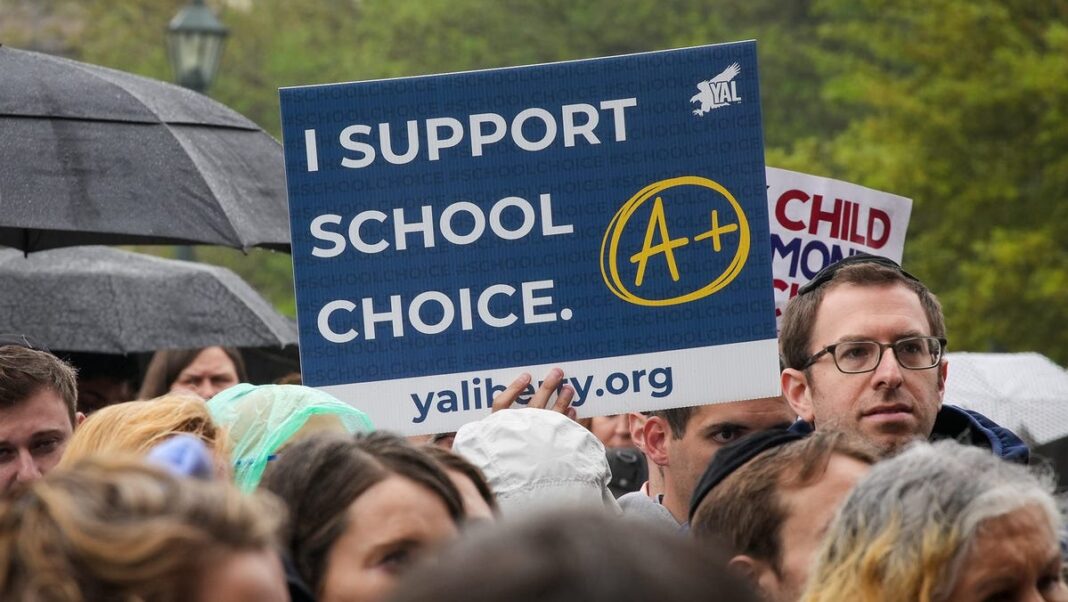Voters Turned Down Various School Choice Initiatives in 2024 Election
Several initiatives aimed at allowing parents to use public funds for private or alternative schools did not succeed in the 2024 elections.
Proposals in Colorado and Kentucky, which sought to amend each state’s constitution to include support for school choice, were rejected by voters. This issue has long been a topic of debate among parents and educators nationwide.
Additionally, in Nebraska, voters decided to eliminate a recently enacted $10 million school voucher program that was intended to assist families sending their children to private schools with state aid.
Advocates for school choice maintain that parents should have the freedom to select their children’s schools and that state funds should support families who choose alternatives to public education. Critics argue that vouchers and similar programs undermine public schools and harm students who rely on them, emphasizing that public schools need robust funding to thrive.
Factors in the Defeat of School Choice Initiatives
These election results highlight a divide between rural and urban perspectives on school choice, according to Deven Carlson, a professor and associate director at the University of Oklahoma’s Institute for Public Policy Research and Analysis.
Historically, rural Republicans tend to oppose school vouchers and similar options, while conservatives in urban settings are often in favor as they typically have easier access to private or alternative schooling, Carlson explained.
The proposals likely faltered because voters in Kentucky and Nebraska place significant trust in public school systems.
“While choice programs often find legislative success in Republican states, there’s a stark contrast when it comes to voter approval,” he noted. “This aligns with the hesitance of rural voters regarding voucher programs, as they see little benefit from them.”
Teachers’ unions in both states strongly opposed the measures, possibly influencing voters’ decisions, Carlson added.
Following the defeat of the Kentucky measure, Eddie Campbell, president of the Kentucky Education Association, celebrated the outcome as a “victory” during an Election Night gathering, as reported by the Louisville Courier Journal, part of the YSL News Network. Tim Royers, president of the Nebraska State Education Association, shared with the Nebraska Examiner that voters across the political spectrum dismissed the idea of a school voucher or scholarship program.
Colorado’s measure may have failed due to the state’s overall political leanings, Carlson indicated. Voters in more liberal states tend to be less supportive of school choice options compared to those in conservative states.
Future of School Choice
Although voters in Colorado, Kentucky, and Nebraska rejected school choice initiatives, the movement has achieved successes in recent years. Currently, at least 29 states and the District of Columbia have laws that incorporate some form of school choice.
In Texas, a school choice program might still be on the horizon despite earlier pushback from rural residents. Carlson mentioned that Governor Greg Abbott now has sufficient backing in the state House to advance such a program.
“School choice is supported by all demographic groups within Texas,” remarked Governor Abbott in a statement released on Wednesday. “Hispanics and African Americans are particularly in favor of school choice. These parents want options for their children. They know their children’s needs better than anyone else and want to ensure their path to success.”

